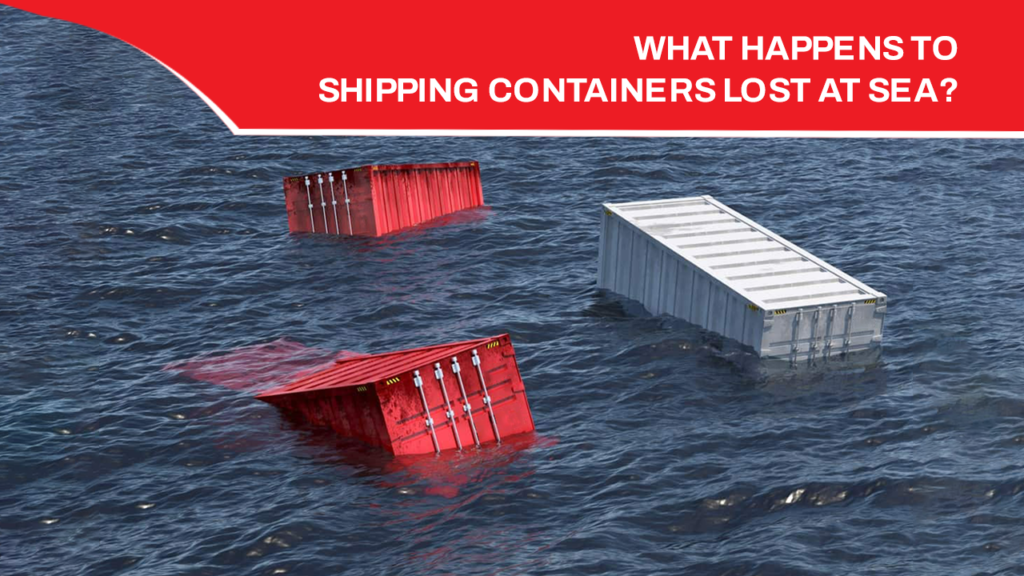Do you know more than 80% of goods go in transit worldwide on more than 90,000 cargo ships crisscrossing the world’s oceans? As per popular estimates, there are between 25 to 40 million containers in use and often a very small proportion of these go missing, which is quite a substantial number.
According to a survey, on average an equivalent of 27 containers are lost every day. Why? Well, proper packing, securing containers, and precise weight distribution of the goods aren’t just an art, they are a real technical change for freight management companies all across the globe. Securing the containers and distributing the loads evenly is critical in ensuring the safety of the crew, container ship, and its cargo as well as of the environment and dockers. Sometimes when the weight is unevenly distributed or the cargo isn’t stowed properly or secured well, the containers might collapse due to catastrophic and rare events like running aground or collision.
How do containers get lost in the sea or ocean?
There are many reasons for which containers fall off the ships. Starting from the rough seas and storms to stack collapse, negligence and rare events like collisions can cause containers to fall off the ship. Typically, the shipping company that was hired for freight management takes the responsibility for the fallen containers. But, the shipping company’s liability is confined to a certain amount per kg for the packing unit. To prevent this, the client must be insured against the potential threats.
Why Floating containers a hidden danger?
Typically, most containers sink to the ocean floor once they hit the water. However, depending on the contents, the container might also stay afloat for a few days, weeks, or even months before sinking beneath the surface. For refrigerated containers, this process is even longer because of their buoyant insulation. Why are these containers harmful?
Well, the floating containers are a threat to the environment. According to the estimates of marine biologists, there are around 12,000 containers floating around the world’s seas. The number is quite alarming and the unidentified floating objects pose a significant threat to the relatively smaller ocean-going vessels like fishing boats and yachts. The danger of collision for these smaller UFOs is quite high as sailors don’t see these boxes until the very last minute. The ship’s radar cannot help either and you can regularly see reports of collision as well as stricken yachts that need to be salvaged.
What can be done?
From the environmental or safety standpoint, the containers should be most stringently handled during the freight. However, if you look from the economical side, losing a container can be heartbreaking. That’s when insurance can come to the rescue. It can cover not only damage/loss, but it can also keep you prepared for the incurred losses that are waiting at bay.

